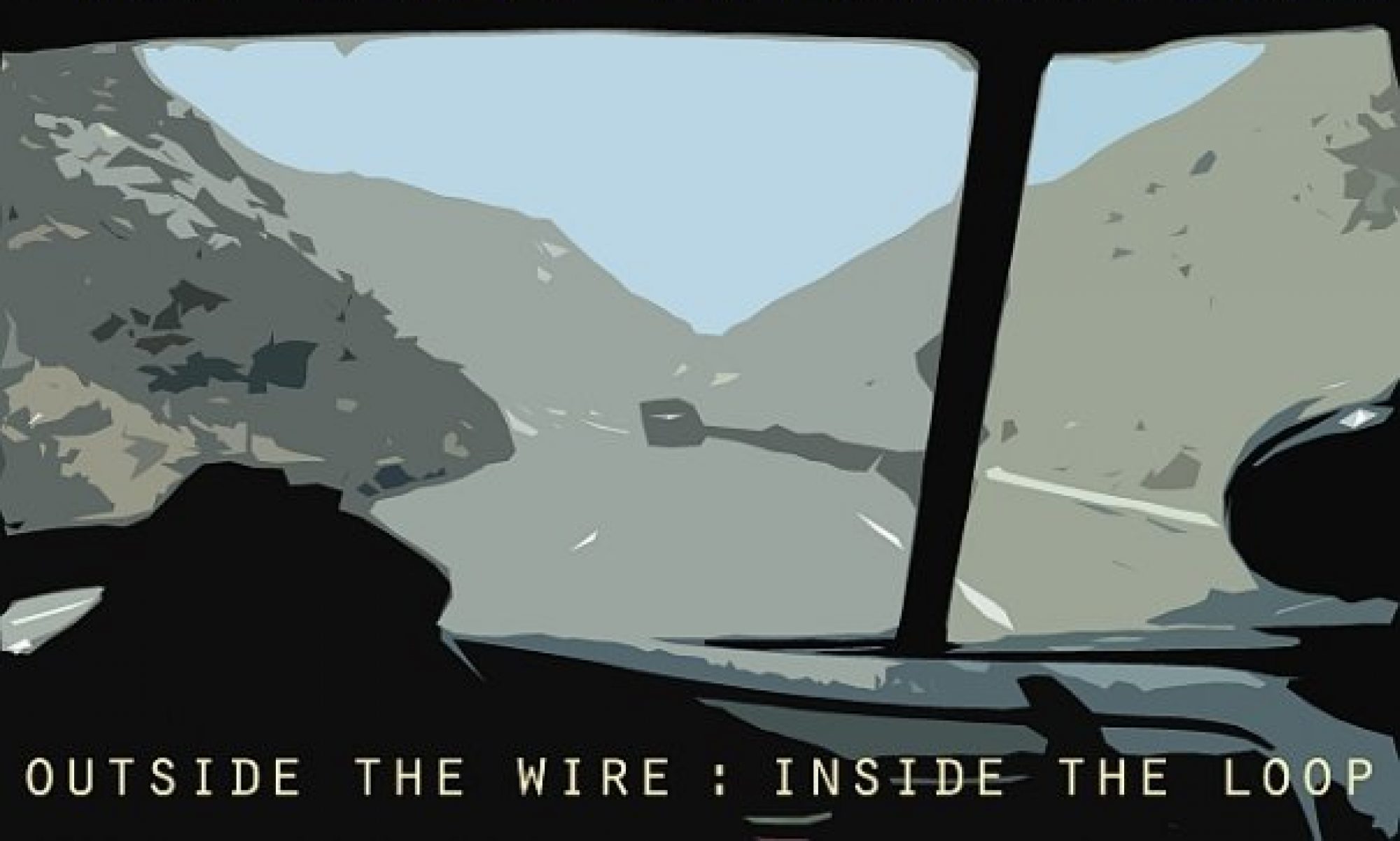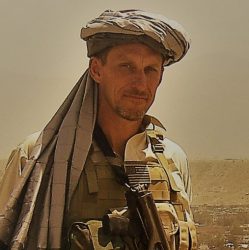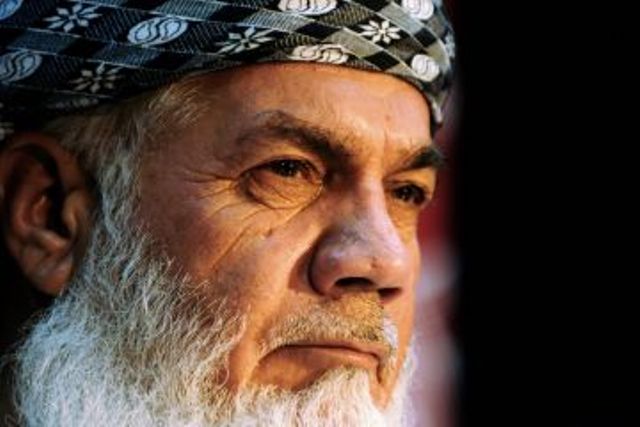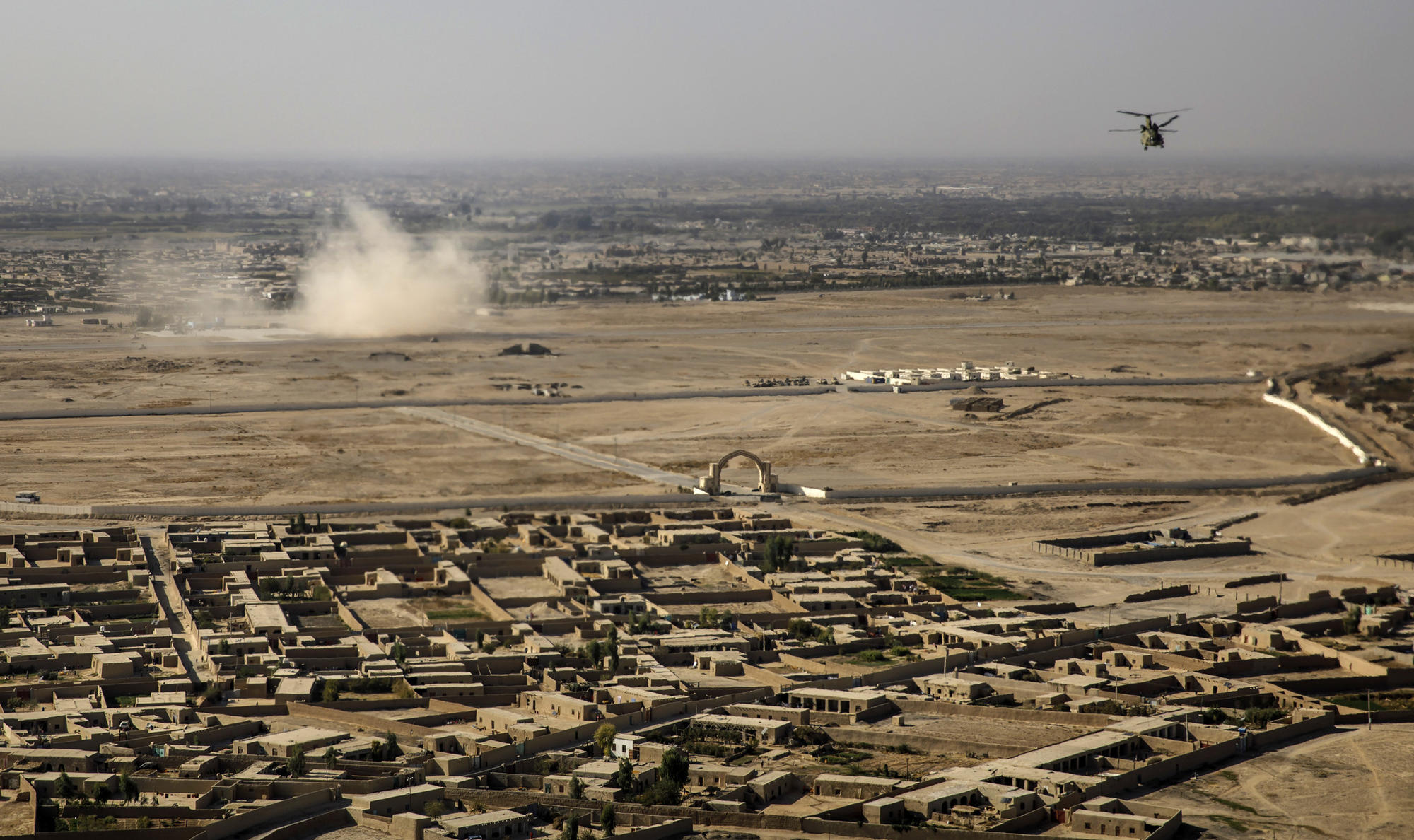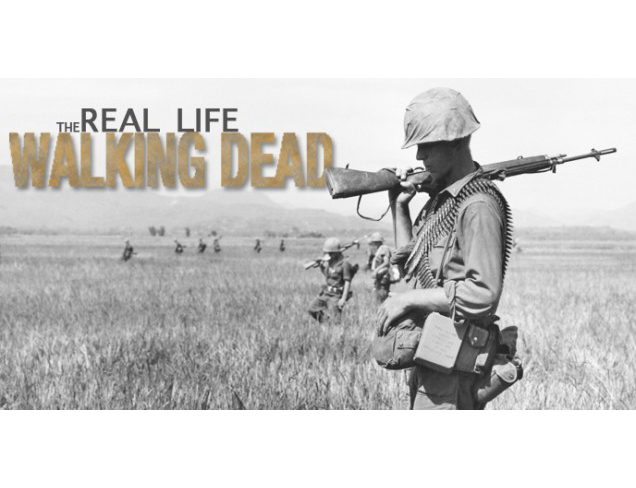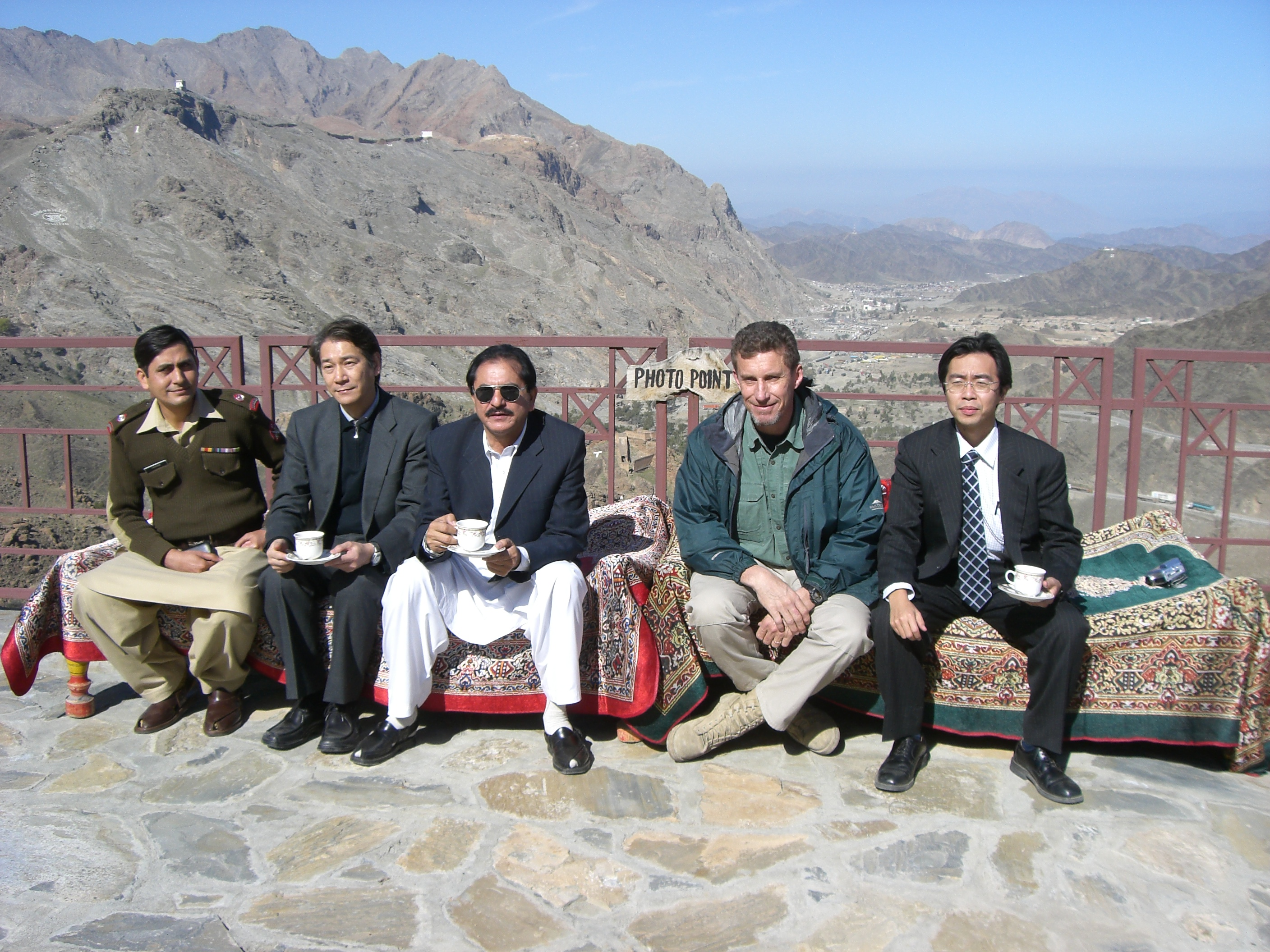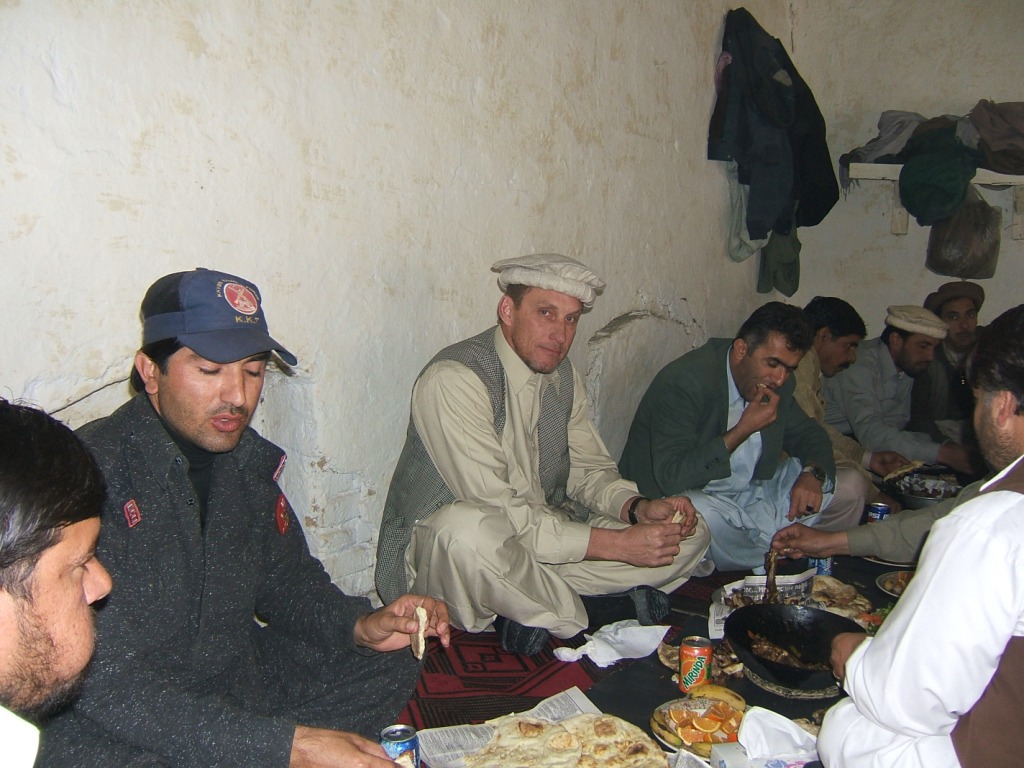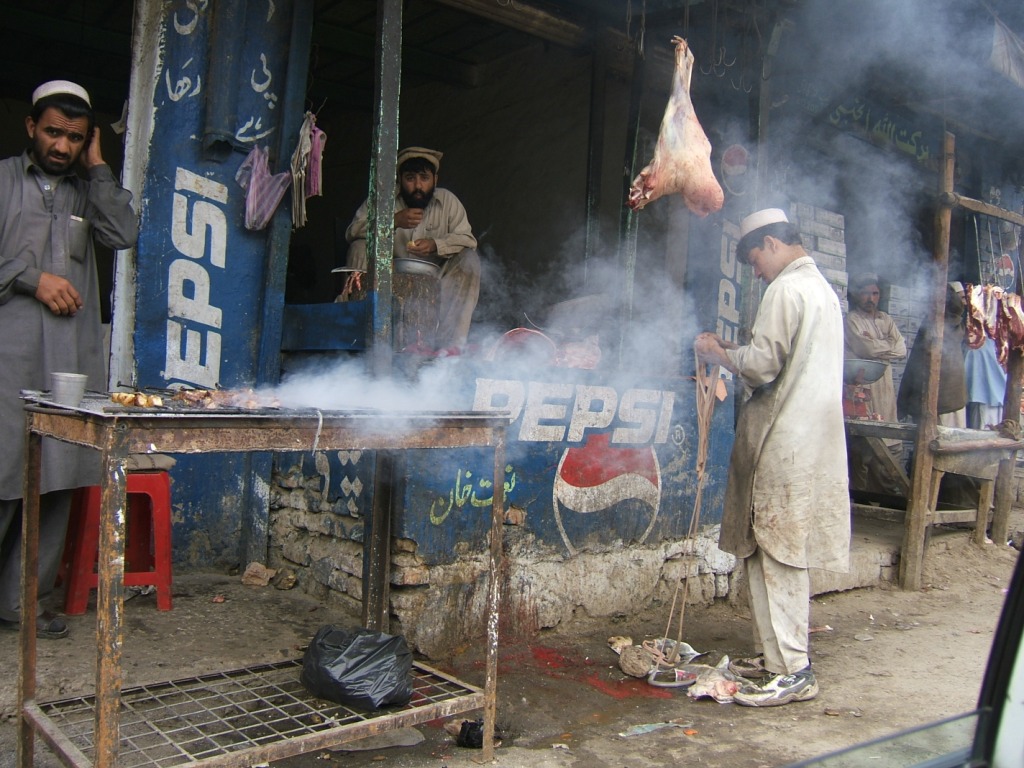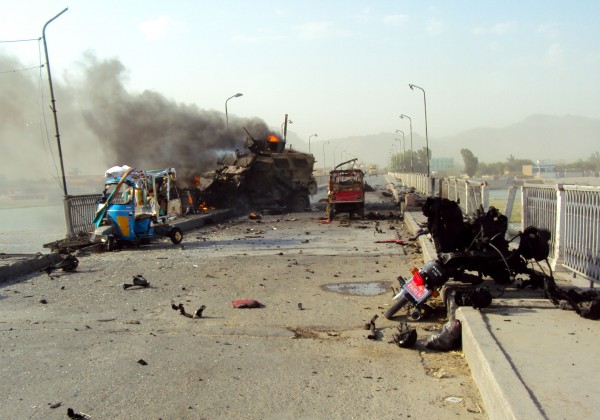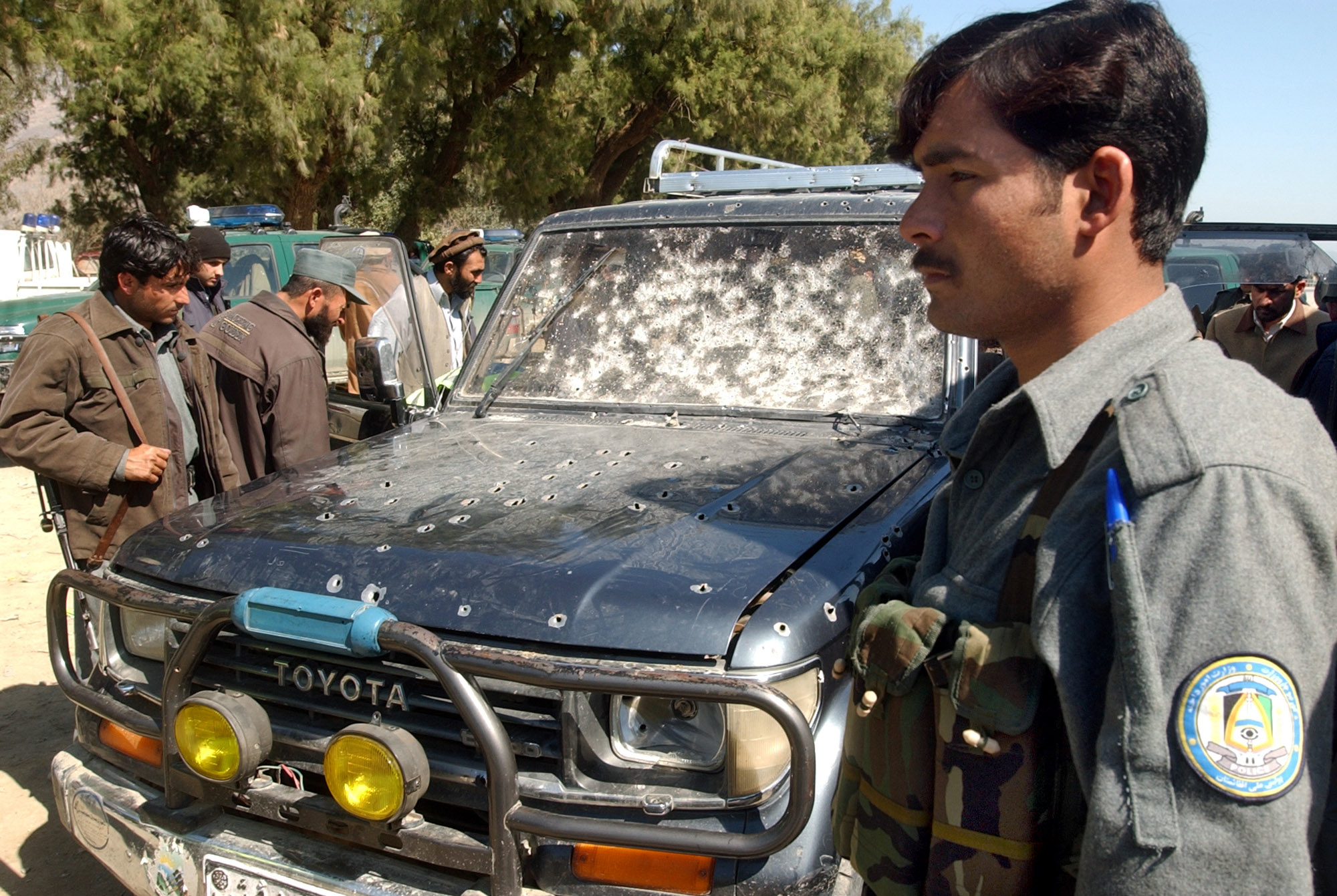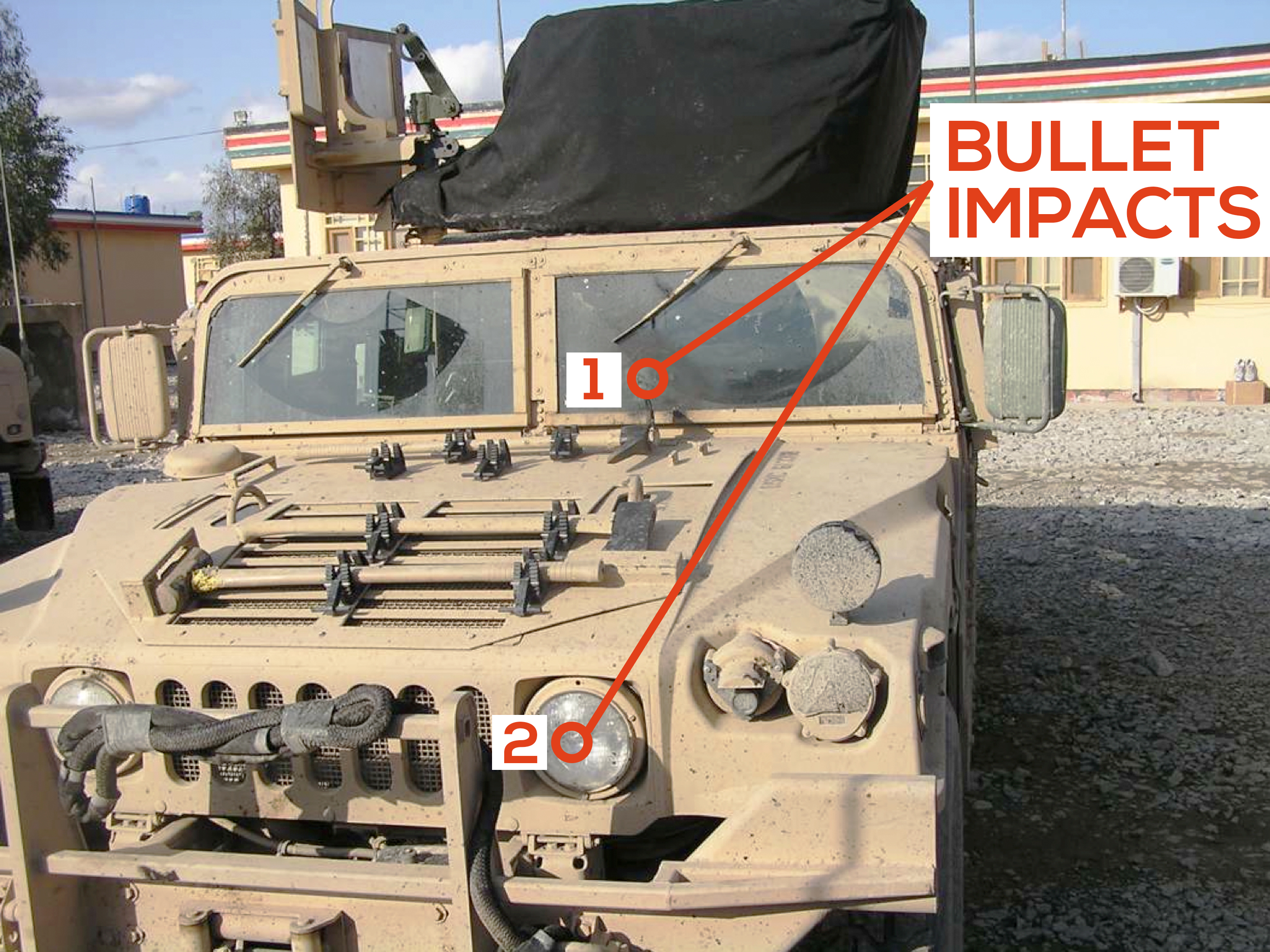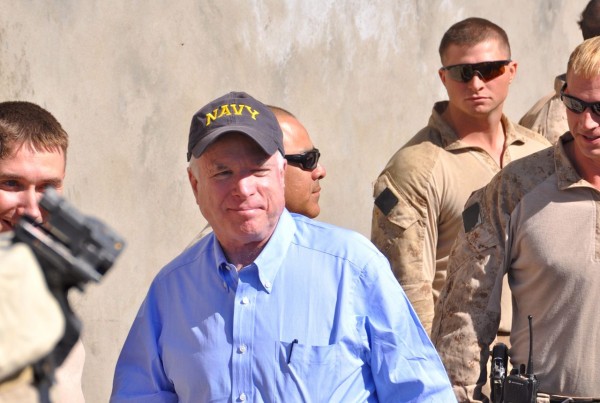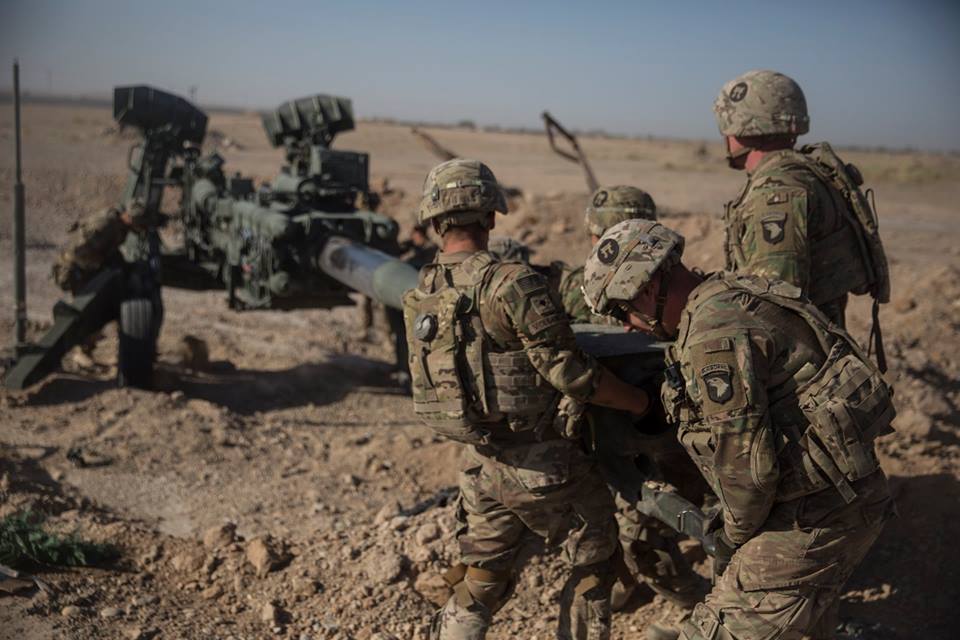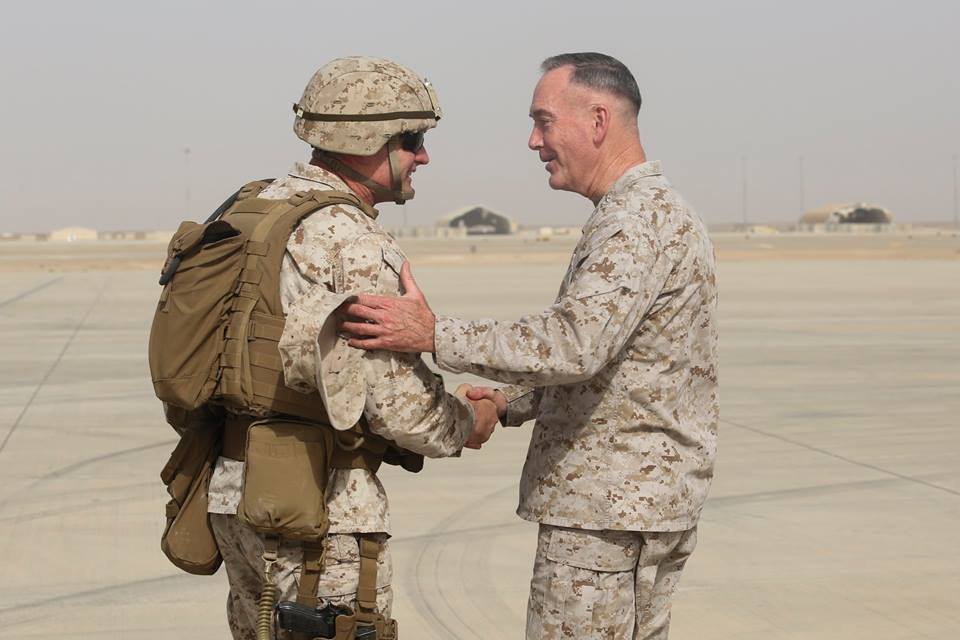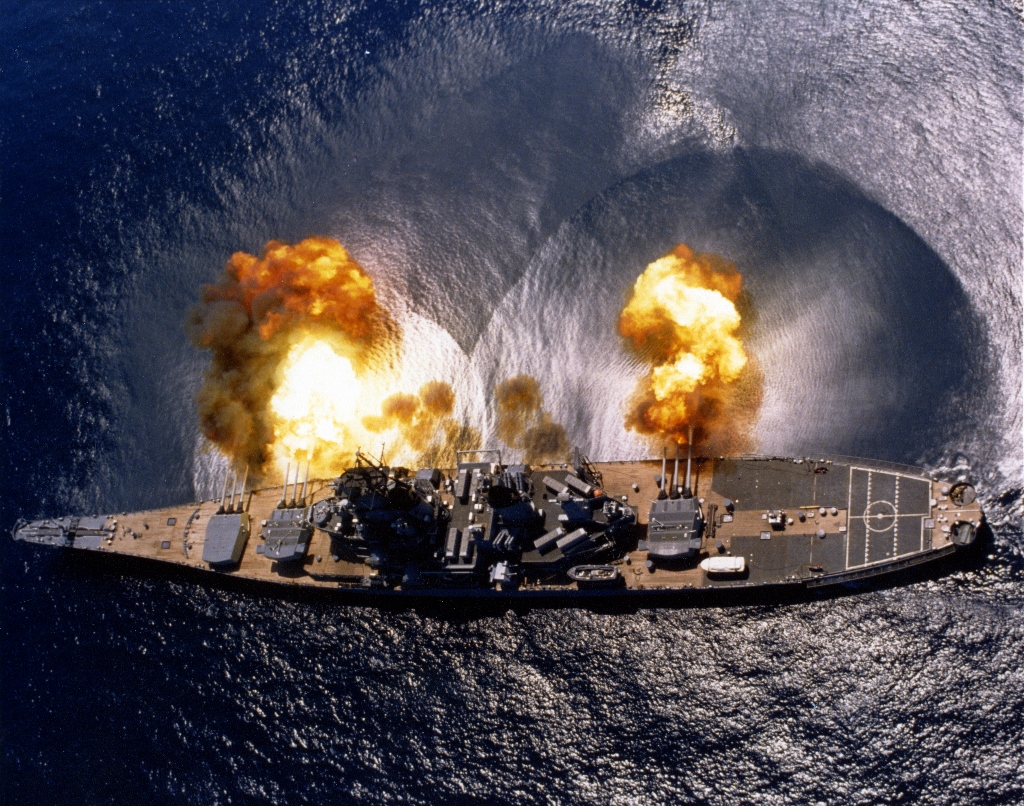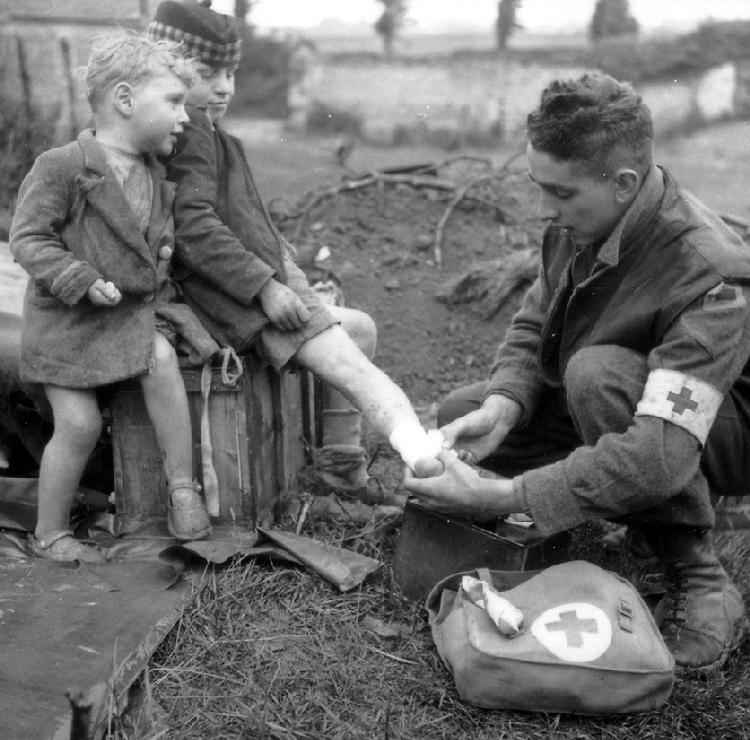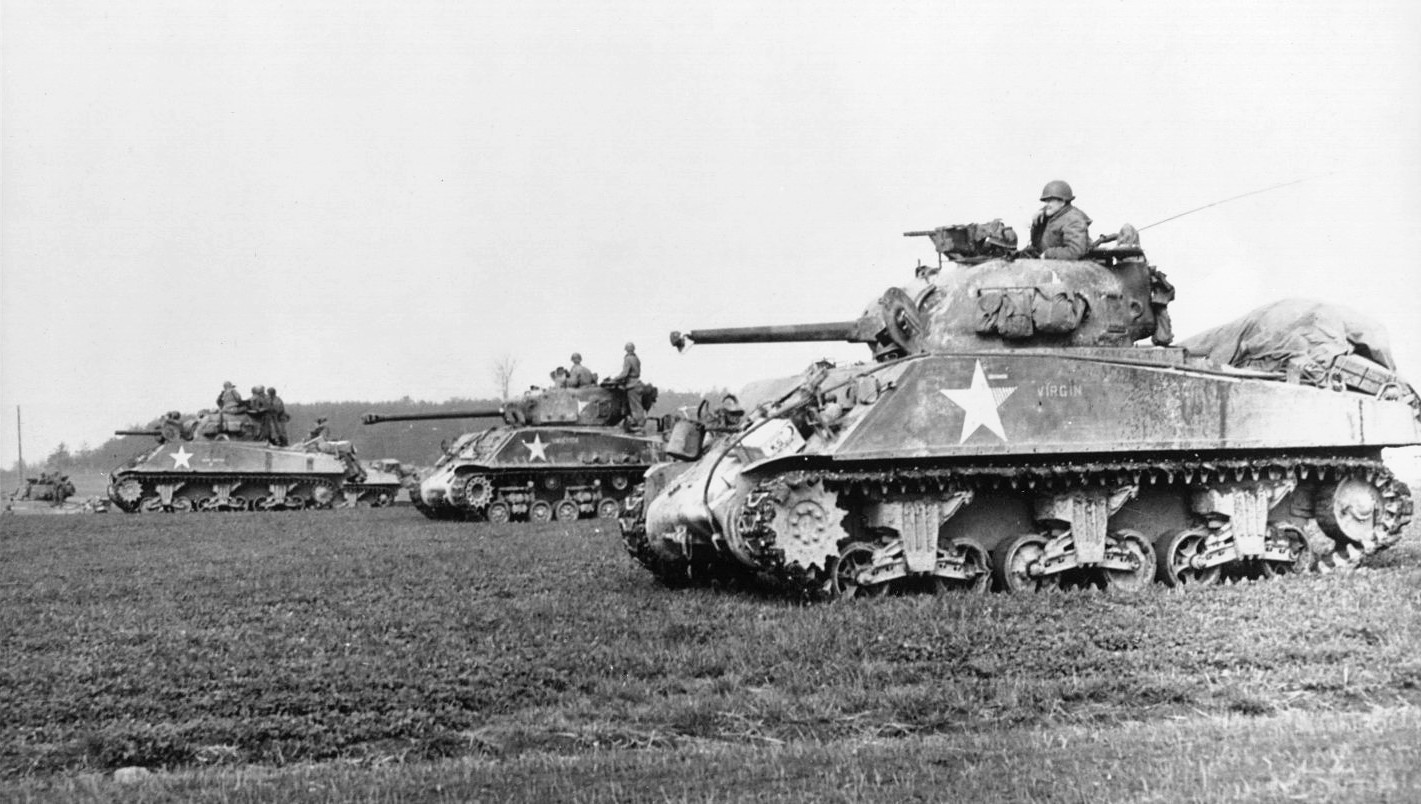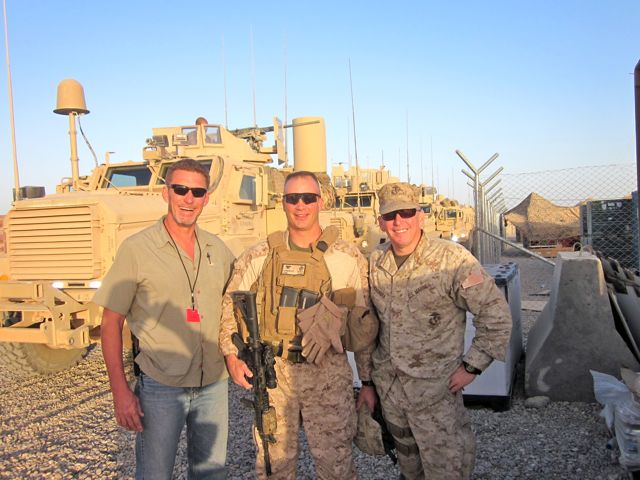In May of 2012 my team of Afghan cut throats and I were dispatched to investigate persistent rumors concerning ISAF vehicle convoys transiting the Salang Pass. The complaint was that ISAF units would close the pass causing Afghans to wait up to 24 hours in the freezing cold before they could get through. The international community was up in arms about that and wanted a boots on the ground report which meant me, or my boss (call sign Bot) would have to go, and I was up. This would be my 10th and final trip through the Salang and I was not happy about going, the pass scared me.

The dangers from being trapped inside the Salang Tunnel were obvious. The lights inside the tunnel didn’t work, nor did the closed-circuit TV cameras that were installed to warn of problems. The tunnel roof leaked massive amounts of water turning the pot-holed roadbed into a mixture of icy mud, broken concrete, and pieces of asphalt. Ventilator fans in most of the tunnel were broken resulting in such high levels of carbon monoxide that the Afghan government was reportedly exploring ways to pump oxygen into the tunnel.
History is always a good guide to potential problems and the history of the Salang Tunnel had some grim milestones. On the 3rd of November 1982 two Soviet military convoys collided inside the Salang tunnel causing a massive traffic jam. A fuel tanker in one of the convoys exploded inside the tunnel, unleashing a chain reaction of fiery explosions and death. The cause of the explosion remains in doubt, the Russians claim it was an accident, and the Mujahedeen claimed it resulted from a successful attack. Drivers of cars, trucks and buses evidently continued to enter the tunnel after the explosion. Soviet troops, fearing that the explosion might have been a rebel attack, then closed off both ends with tanks, trapping many inside. Some burned to death; others were killed by smoke or by carbon monoxide poisoning. Although records from the era are suspect up to 700 Soviet troops and 2,000 Afghan soldiers and civilians may have died in the 1983 tunnel fire.
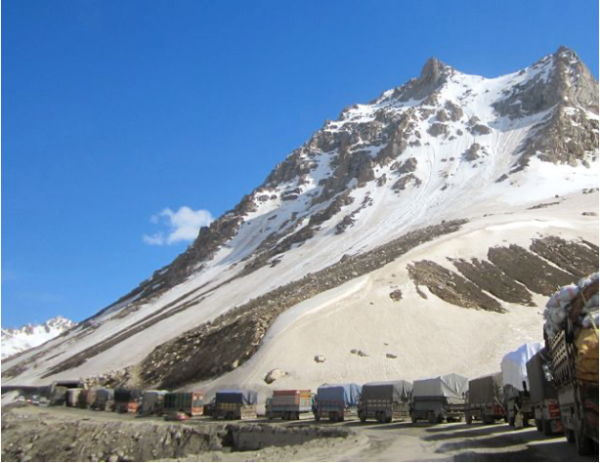
What we found in 2012 was ISAF had indeed started to use the Salang Pass for logistic convoys. We did not find any Afghan worker who remembered ISAF closing the tunnel to civilian traffic and suspected that reporting in local media was rumor mongering. We did determine that ISAF convoys routinely hit civilian traffic in the tunnel and did not stop or acknowledge the accidents. The tunnel was only 16 feet high (at the centerline) with a sloping, concave roof over a two lane roadbed and it was routine for overburdened trucks, MRAP’s, and fuel tankers to get pinned to the tunnel wall when trying to pass each other.
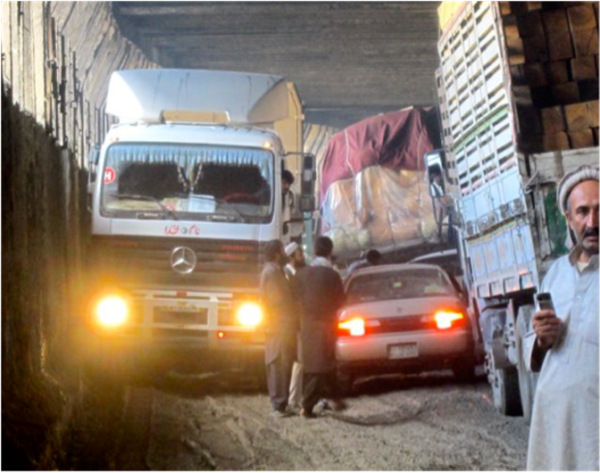
It was also routine for tankers to tip over inside the tunnel due to the poor roadbed condition. When this happened a giant Soviet Era bulldozer was sent in to drag the truck out.
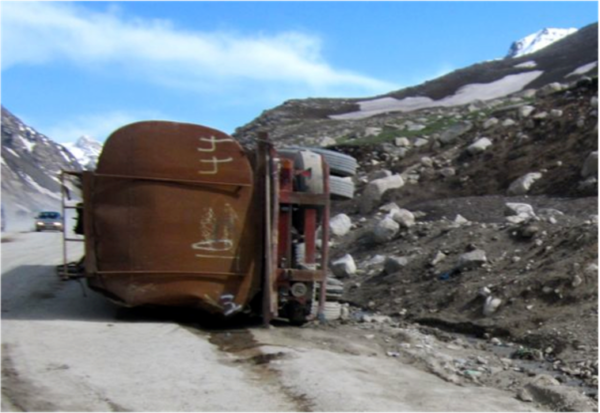
During the trip we interviewed The Director of Maintenance and Protection of Salang Pass, Lt. Gen. Mohammad Rajab, who claimed that overloaded trucks were destroying the tunnel adding that less than 5% of those trucks were civilians – the rest belong to ISAF. Judging from the traffic we observed in the tunnel that statement was questionable, nobody overloads Jingo Trucks better than Afghans.
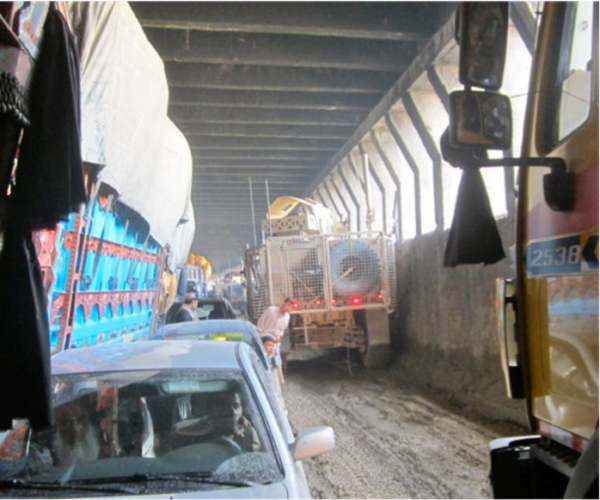
Attempts to interview or even talk to any of the American soldiers transiting the pass were unsuccessful. As usual we found the soldiers to be agitated and aggressive, and completely freaked out when a fellow American in civilian attire walked up to chat with them. The refusal to interact with American citizens in Afghanistan was something new for me, when I was on active duty we did the exact opposite no matter where we were in the world.

The Salang Pass was a dangerous transit for well maintained vehicles which was a problem in a country famous for its inability to maintain vehicles. Mechanical failures were routine inside the tunnel which cause long delays stranding motorists in subzero temperatures for hours at a time. In response the Salang Pass Department of Maintenance and Protection of the Salang Pass Route constructed a purpose built shelter that provided assistance to 6,700 people during the 2011 -2012 winter. When Gen Rajab told me that it surprised me, Afghans can be incredibly altruistic at the individual level, especially with us foreigners, but at the government level we were conditioned to look for a catch and we detected none.
The Salang Pass Department of Maintenance and Protection of the Salang Pass Route (its official title) had taken the initiative to provide life saving aid for thousands of Afghans because it was the right thing to do. The few locals we talked with confirmed that graft in the pass was a thing of the past. That pithy explanation was met with laughter by the diplomats who funded the trip which was gratifying. It’s not easy to be pithy when working for foreigners.
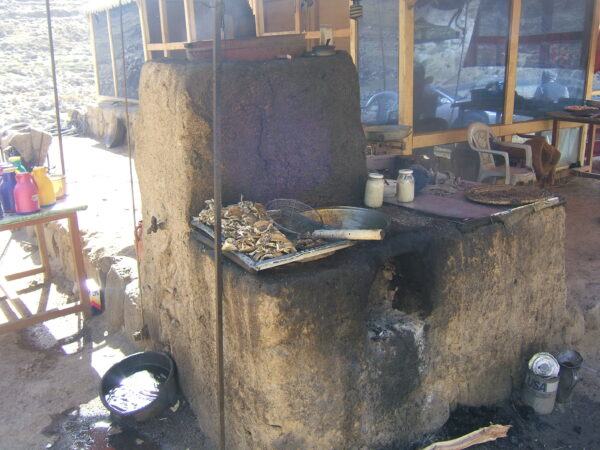
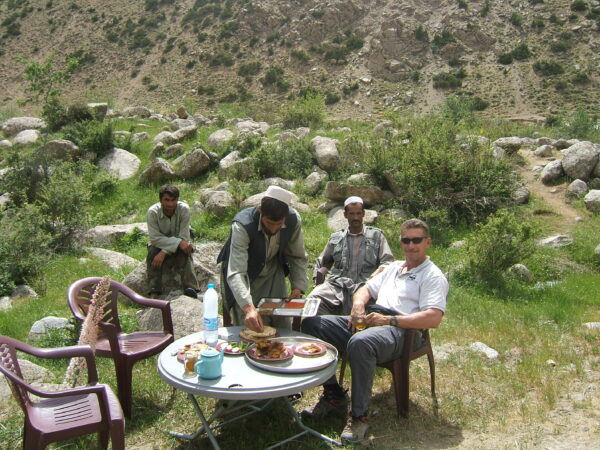
In 2019 the Russian film Battle for Afghanistan was released and is now available on Amazon Prime. The movie is reportedly based on true events surrounding the withdrawal of the Soviet Army through the one chokepoint they could not force – the Salang Pass. It’s a good film that captures the craziness of Afghanistan and well worth a watch. You can’t help but notice how Soviet troops frequented local bazaars and Afghan restaurants while off duty. That never happened with ISAF units who were restricted to their FOB’s (forward operating bases). Only a small percentage of the troops deployed to Afghanistan ever got outside the wire, for most perceptions of the land and its people were distorted through the prism of electronic warfare collection, boredom induced gossip, and questionable media reporting.
The force protection mentality of ISAF was made possible by their (American taxpayer funded) unlimited budgets which they used to completely isolate their troops from the local population. In a country famous for its melons every bit of fruit consumed by ISAF soldiers was flown in at enormous expense. Something the Soviets and every other nation on the earth would be unable and unwilling to do. The only reason the pass was being used in 2012 was the number of American units operating north of the Salang Pass after the Obama surge. That forced ISAF into running a lot of logistical convoys over the pass for a couple of years. I don’t think the logisticians in Kabul liked the pass any more than I did but I wonder what the soldiers who made those runs thought about the experience.
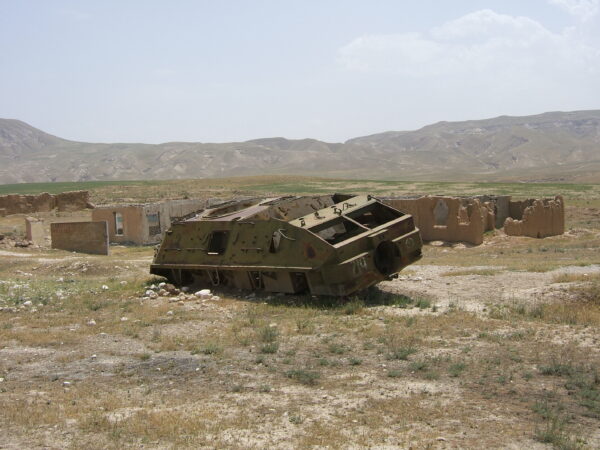
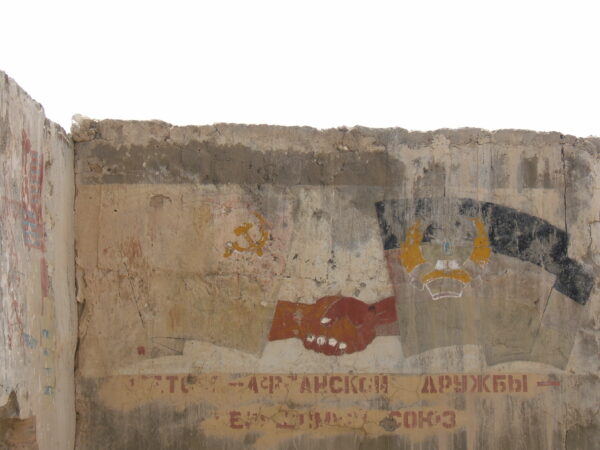
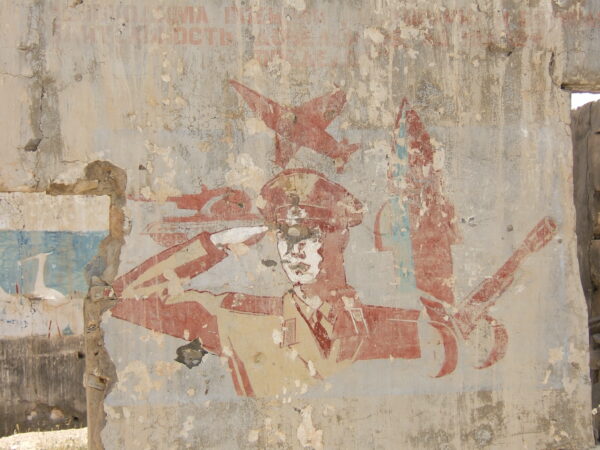
In the early days of the Afghanistan conflict it was easy to see that the money pouring into the country was being used to start business’s like restaurants or to buy used vehicles to be used as taxi’s for another income stream. But Afghanistan is a wild place with wild rivers that often overflow their banks and when they destroy a new business there is no insurance money to collect thus the common refrain Inshallah (if God wills it).
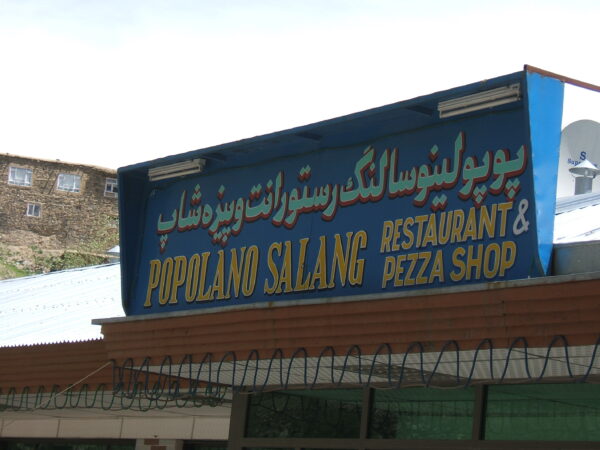
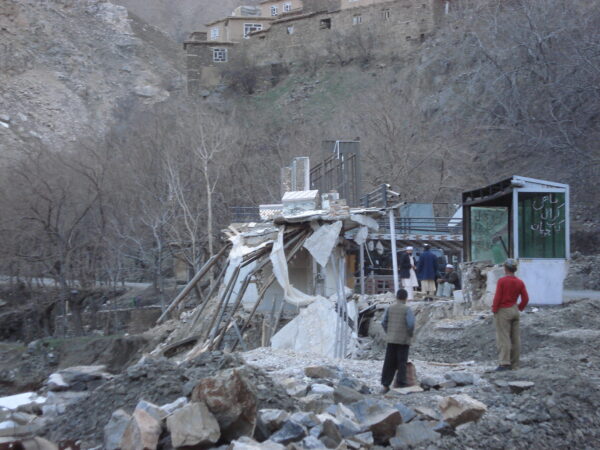
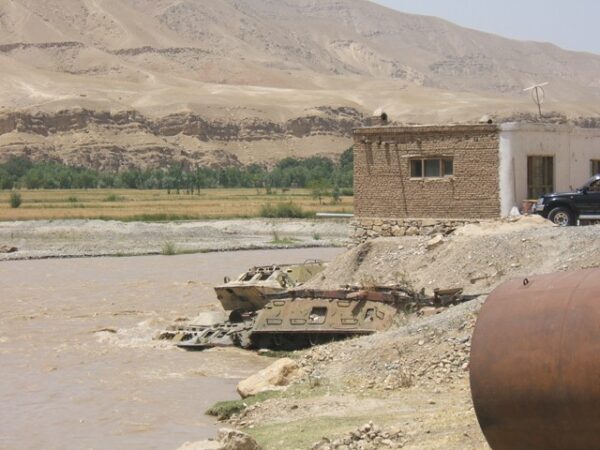
The biggest surprise I found in Afghanistan over the years was their high regard for Russians. If you could speak Russian you could talk with most Afghans in any part of the country. If you asked about the difference between the Soviet military and ISAF you got the same answer in every part of the country. The Soviets were brave and supported the local people but the ISAF soldiers are cowards who hide on their bases and never interact with local people when off duty. The Afghans never understood that and it infuriated me to hear it because I knew cowards among American infantry were astonishingly rare. I’m a retired grunt myself and know. our infantry well.
The number of American soldiers who could speak Dari or Pashto numbered less than 100 for most of the war. The number of American soldiers who spent enough time to learn the country, its people, and the limitations of its central government cannot be counted because there were none. Check that, there was one – Commander Baba D turned special contractor Baba D who worked directly for the ISAF commanders for several years in RC East .
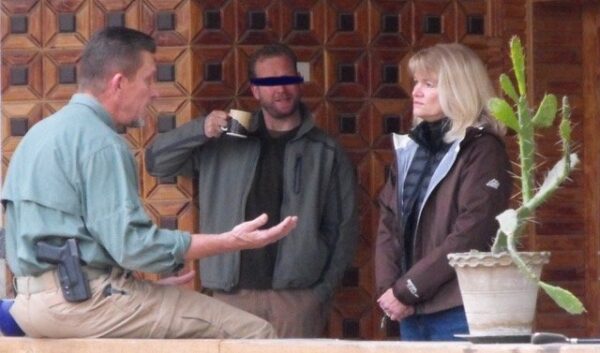
It is impossible to gauge the consequences of our humiliating retreat from Kabul. The military/political leadership responsible for that fiasco remains in charge of our depleted military to this day. The only military leader held to account over the Kabul evacuation fiasco was a Marine Corps Lieutenant Colonel who was thrown out for pointing out the disgraceful lack of accountability of our flag officers (generals and admirals) responsible for the mess.
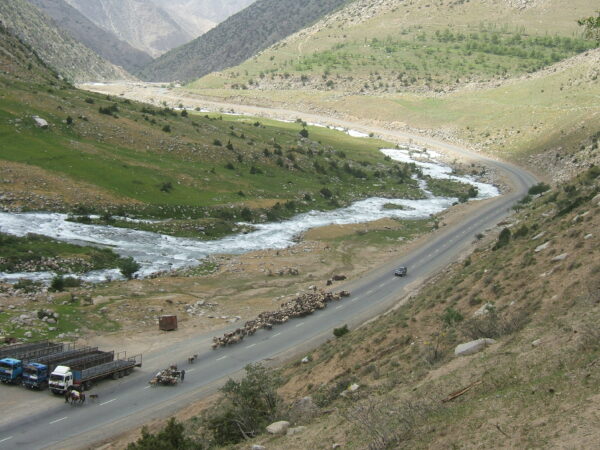
After spending 20 years floundering about in Afghanistan what is the senior leadership of the uniformed military concerned with now? Fixing the force? You wish . . . the real emergency our country faces is climate change according to the Army War College.
Watching a great power implode is unpleasant because there are bills that will come due. There is a price to pay for rampaging around the world sending “carefully calibrated messages” with killer drones just as there will be a leveling for the folly of introducing women into the combat arms. The military/government duopoly used brute digital force to try and alter reality in Afghanistan to construct a reasonable narrative. Here’s what that looked like:
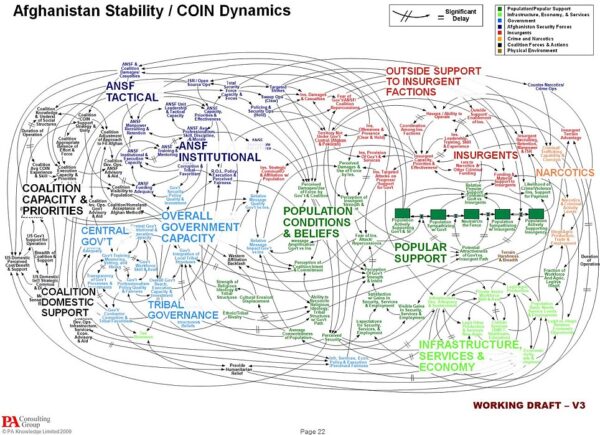
It’s important to note that I supported our approach throughout most of my time in Afghanistan. I once battled the media contention that Marjha was a bleeding ulcer by driving to Marjah and blogging about it. I was not an impartial observer but a retired Marine and my friends were the running the show in the Helmand Province allowing me to embed with their units and write really cool blog posts.
In time the average Afghan correctly deduced that the Kabul government was installed and maintained at the point of infidel bayonets. And that was all most Afghans ever knew or needed to know. They hadn’t heard of 9/11, they had no idea why we showed up and spanked the Taliban in 2001. The Afghans supported us at first because we appeared to be the strong horse but any chance of maintaining that perception ended with the invasion of Iraq.
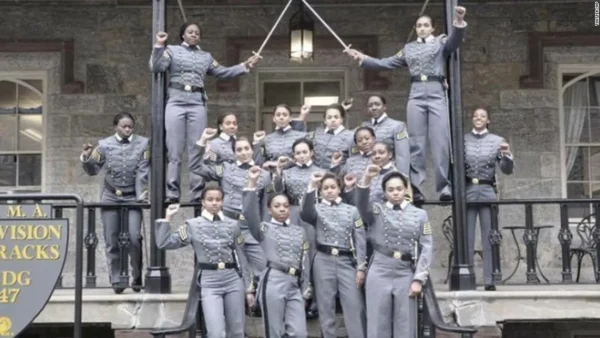
What I learned in Afghanistan (besides don’t drive over the Salang Pass if you can avoid it) was our senior military and government leadership have lost sight of the stewardship function integral to their posts. That was reflected by their inability to define a coherent military mission or articulate a reasonable end state. They were incapable of vigorously defending the interests of the United States because those interests were never adequately defined. When unable to determine or accomplish what is important the unimportant becomes important. A lesson the smartest kids in the room never learned while supervising a war we could not lose . . . or win.
